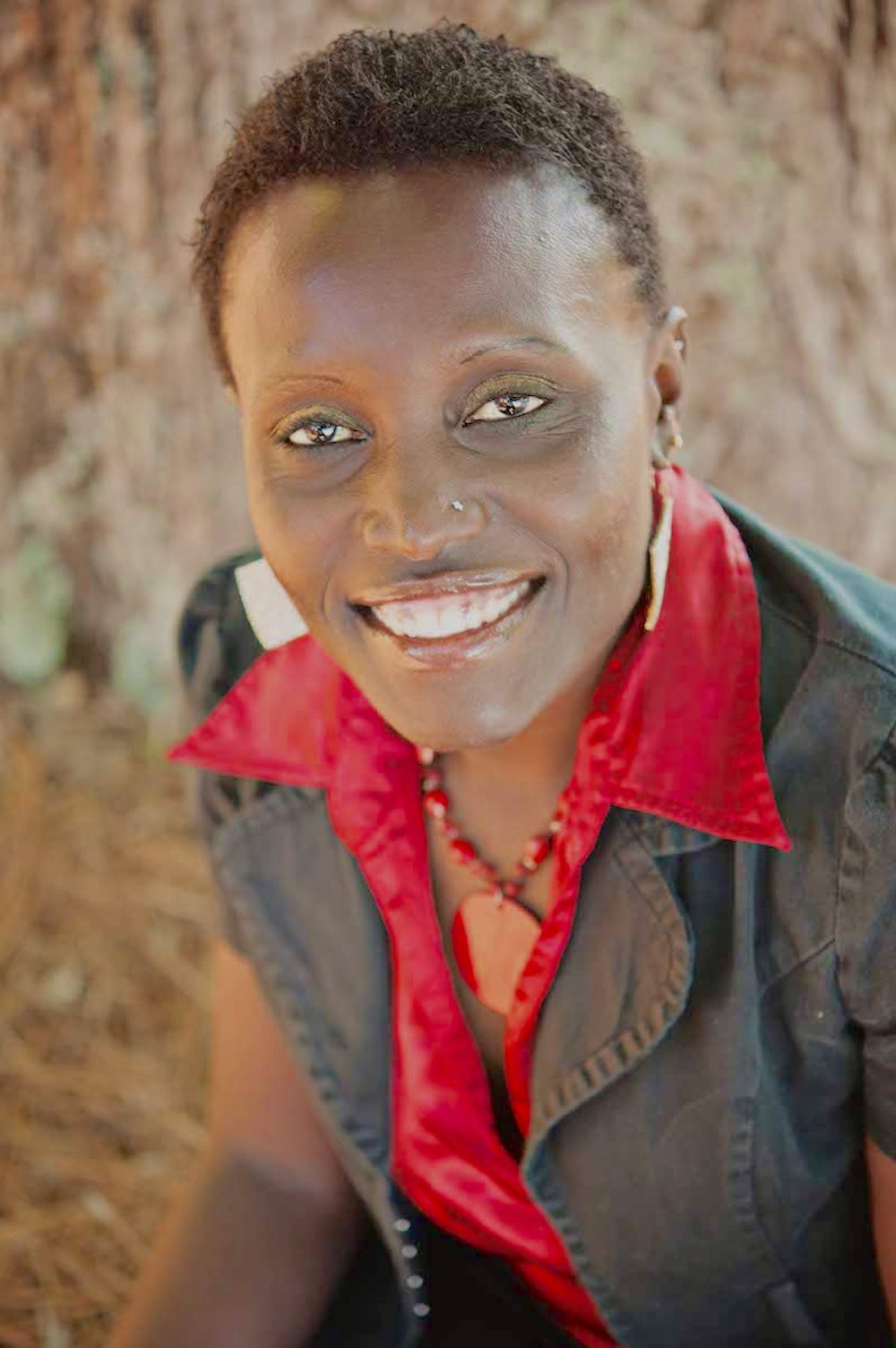If you are not fascinated by the soil underneath your feet, you clearly haven’t spoken with Dr. Esther Ndumi Ngumbi. Ngumbi is a gifted scientist with an expert knowledge of soil and a passion for the microorganisms living within it. Currently, an assistant professor of Entomology at the University of Illinois, Ngumbi’s research focuses on these microbes and how they can increase crop production while keeping soil healthy and combatting the effects of climate change. “You may think that soil is dead, that soil’s only purpose is to grow crops for us, but you’ll be surprised,” said Ngumbi. “There’s so much life beneath the ground that you and I go around stepping on.”
During her recent #HeiferTogether chat with Pierre Ferrari, Heifer International president and CEO, Ngumbi explained how regenerative agriculture helps protect and increase essential microorganisms in our soil. You can watch the full discussion in the video above.
To keep microbes happy and healthy, Ngumbi says, rotating crops is key. Monoculture —that is, the cultivation of a single crop in a given area — depletes the micro-organisms in soil that are essential for crop health. Similar to repeatedly withdrawing money from a bank account you never replenish, monocropping strips valuable microbes from the soil and never puts them back. Crop rotation and cover cropping are two practices that farmers can use to regenerate soil and to keep it healthy.

“Just think of yourself: you don’t eat the same food every day, you get bored,” said Ngumbi. “If you’re just allowing and growing the same crop, first of all, you’re exhausting the microbes without replenishing them. Secondly, you’re negating their ability to thrive and to replenish every year.” With the proper cover crops, Ngumbi noted, soil can rebuild even when land isn’t being used, allowing for healthier future harvests. “With advancements in science, we even know which crops are doing a better job in ensuring that microbes have the right food that they require so that they are happy, they are thriving,” said Ngumbi. “Then when you start growing your agricultural crops, these crops can benefit from all of the work that the microbes have done.”
Coupled with regenerative agriculture practices, this technology could completely change the game for some of the world’s most vulnerable people – small-scale farmers in developing countries. “I truly think that we need to make sure that we are capturing carbon and advancing the gospel of soil health in developing countries,” said Ngumbi. “ These are the places where climate change is real. And without the financial capabilities to absorb climate-change-related extremities like drought … these farmers will be another cycle of poverty, hunger and food insecurity. And we can’t afford that.” The use of farmer field schools, Ngumbi also noted, is a way to teach small-scale farmers about regenerative agriculture in a way that eliminates risk. “I think one of the most approachable strategies is to have demonstration farms that can showcase these methods and truly be convincing to farmers that, yes, we can make this happen.”
This conversation with Dr. Esther Ngumbi is a part of a speaker series, #HeiferTogether, which is about the state of farmers around the world during the COVID-19 pandemic and beyond. In the live, 20-minute virtual conversations, Ferrari talks to experts about the present and future of our global food and farming systems, small farming in the United States, tech in agriculture, farming as it relates to the environment, and more.
Upcoming webinars include conversations with Danielle Nierenberg, president and co-founder of Food Tank, on October 30th and Tom Colicchio, chef and owner of Crafted Hospitality on November 4th.
